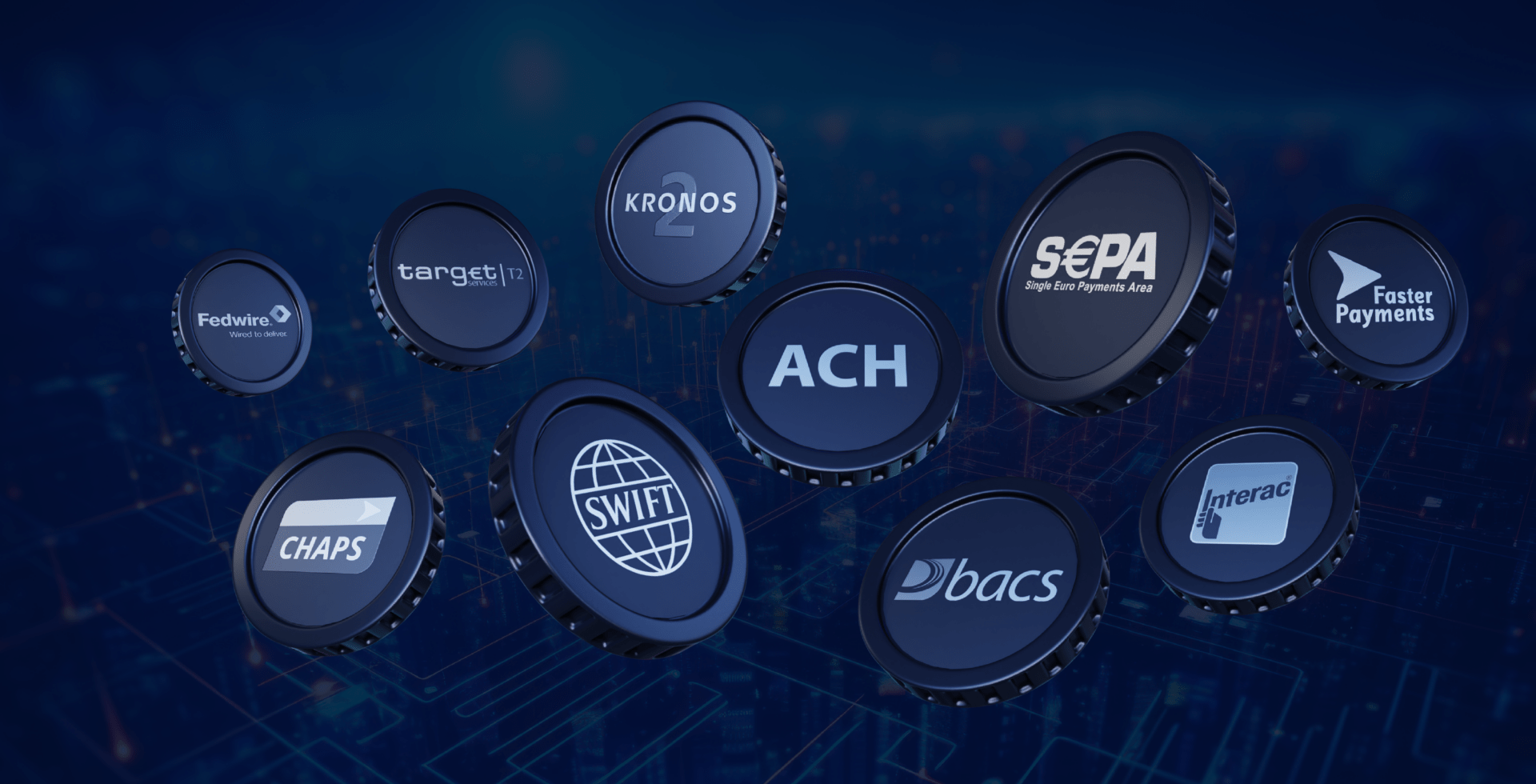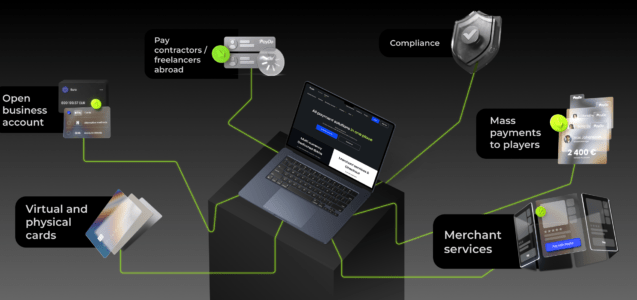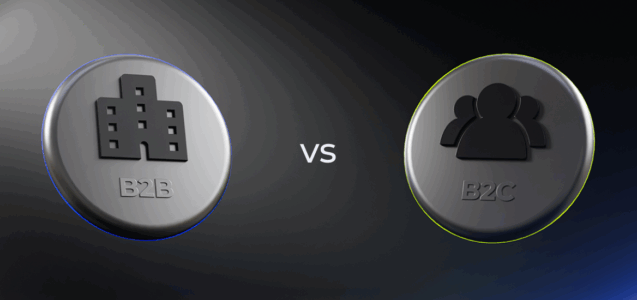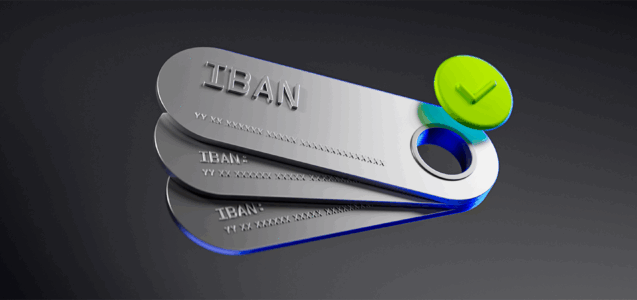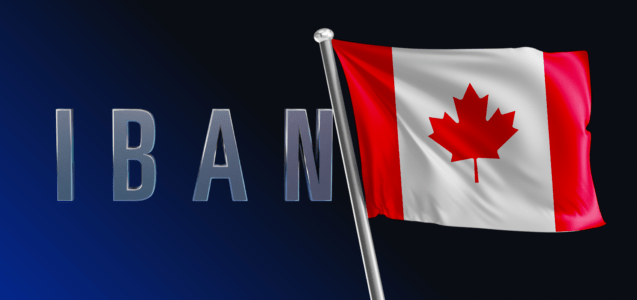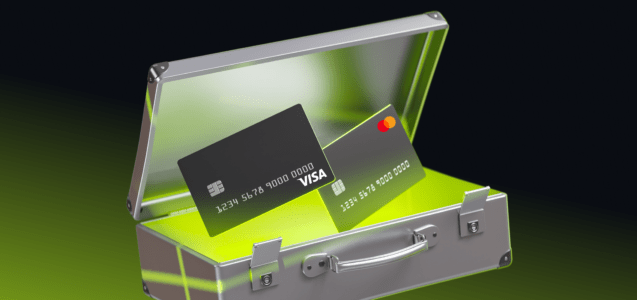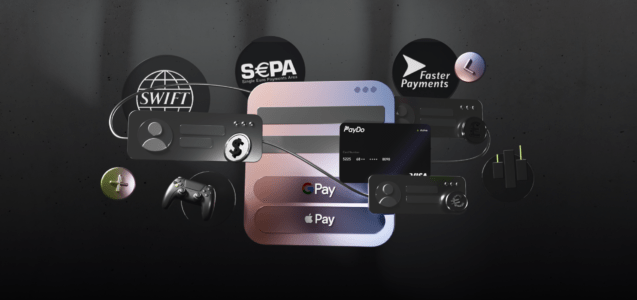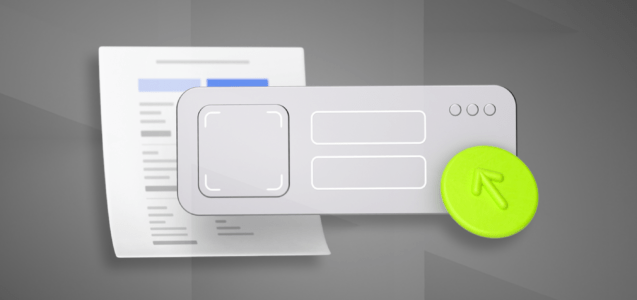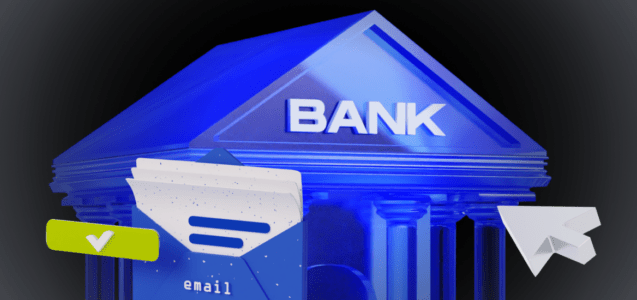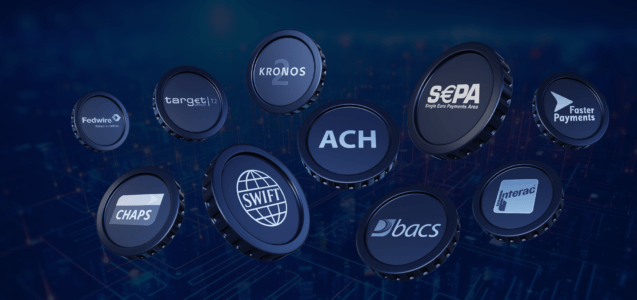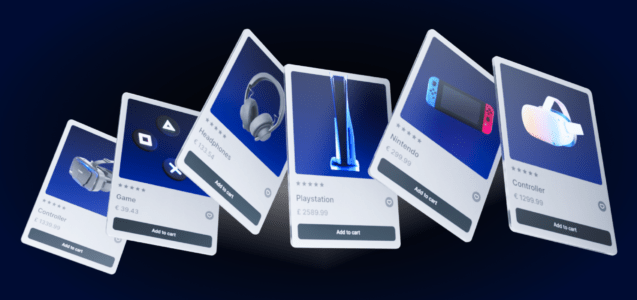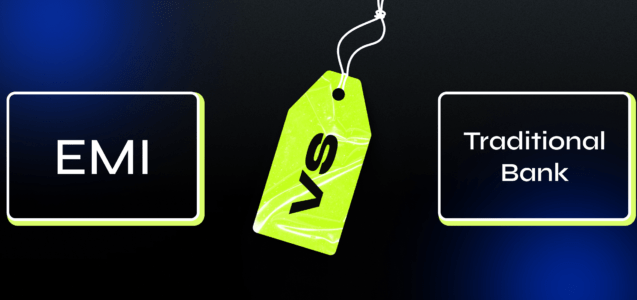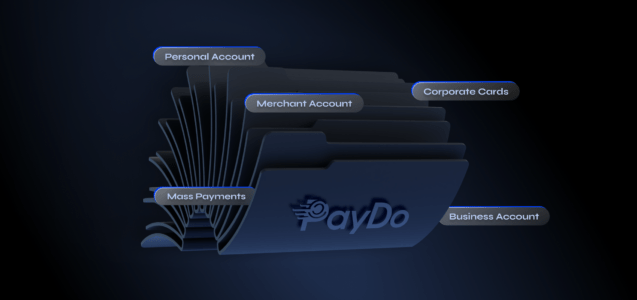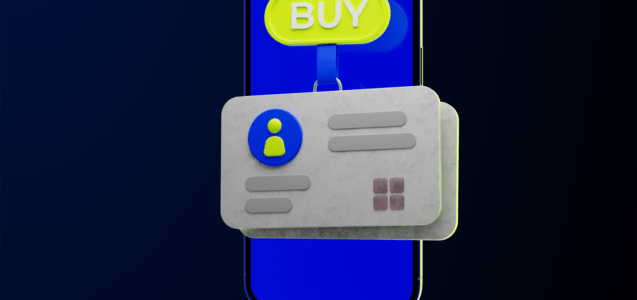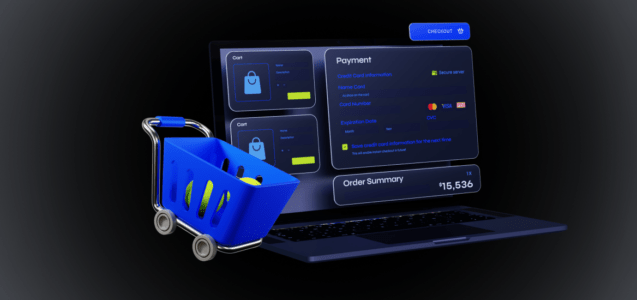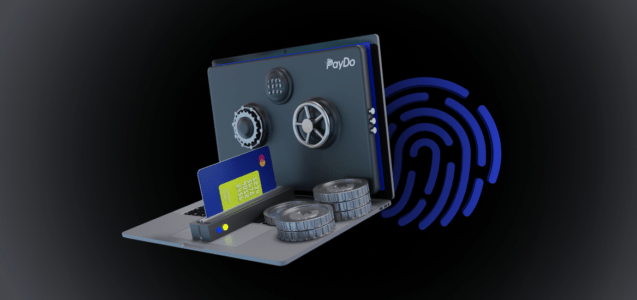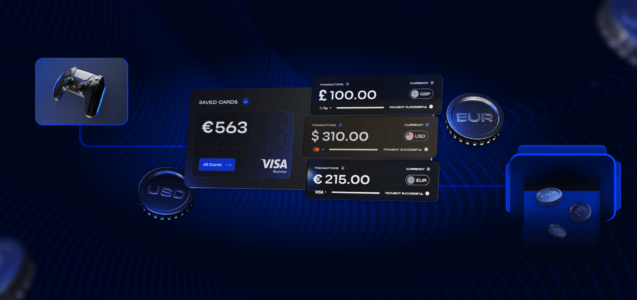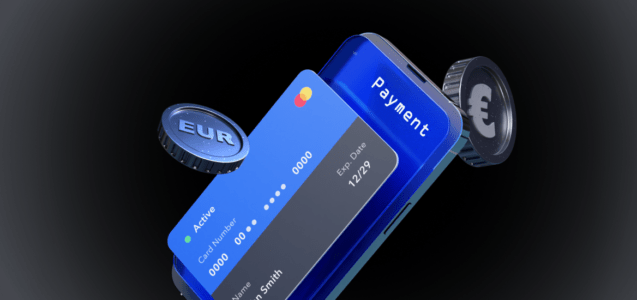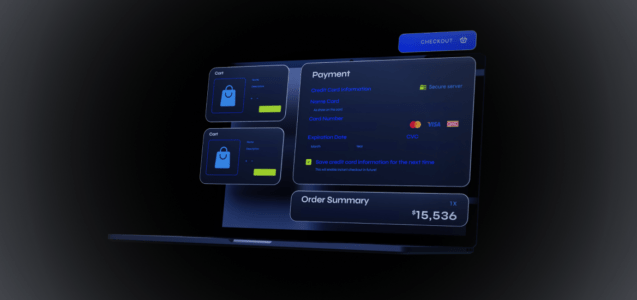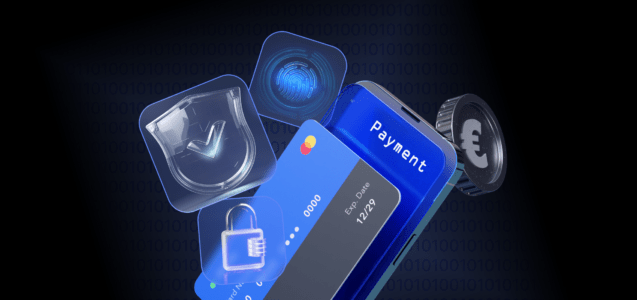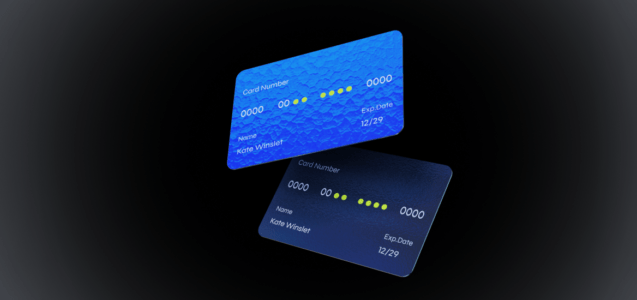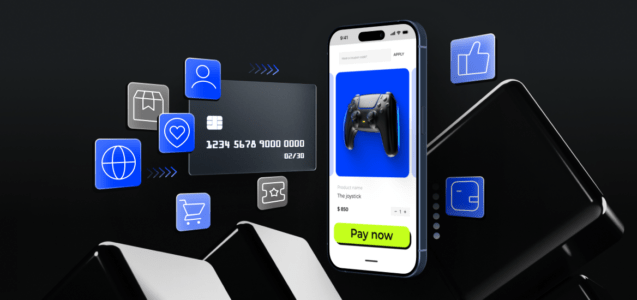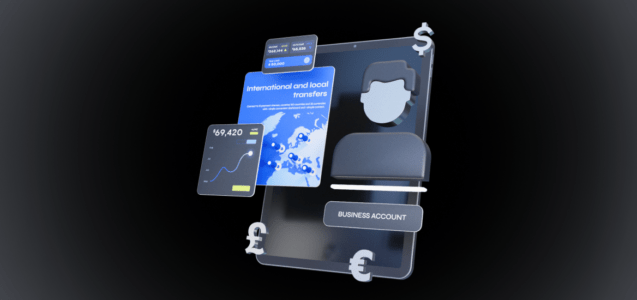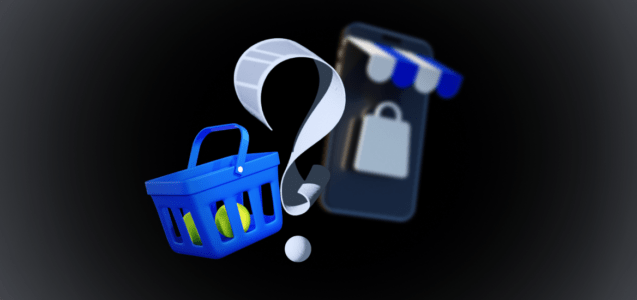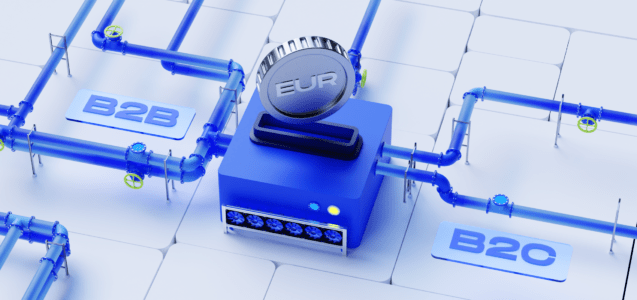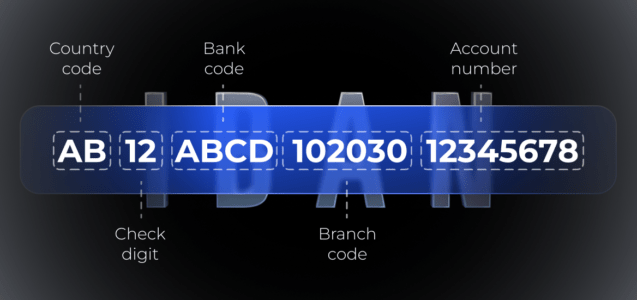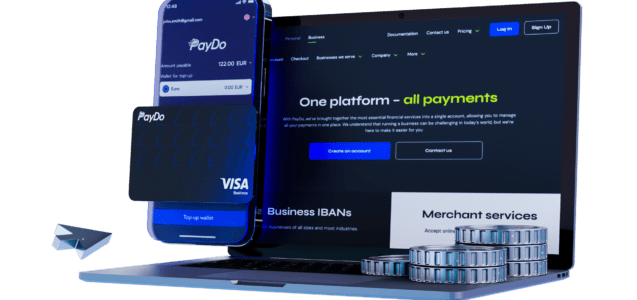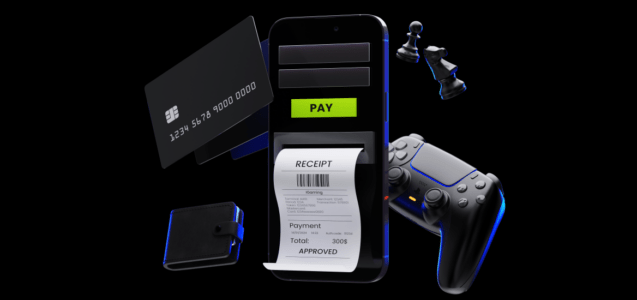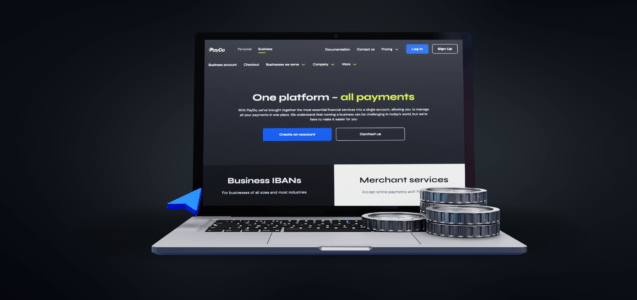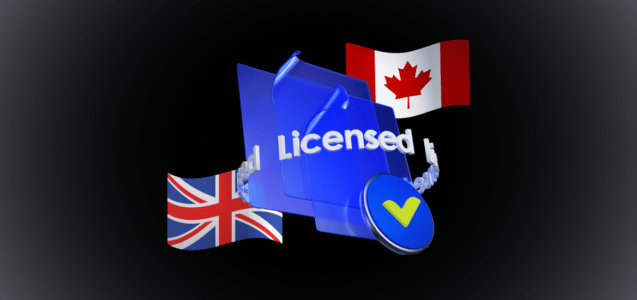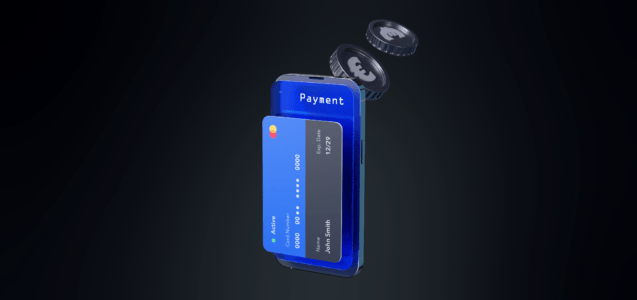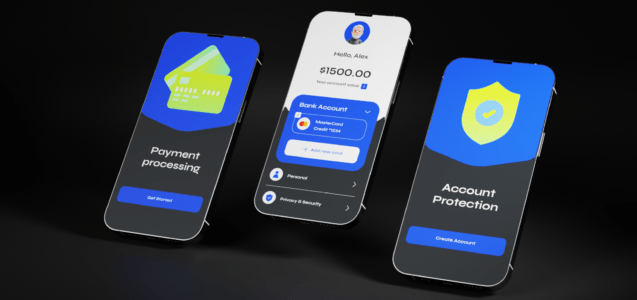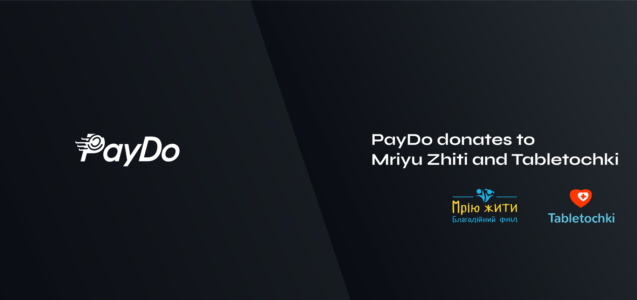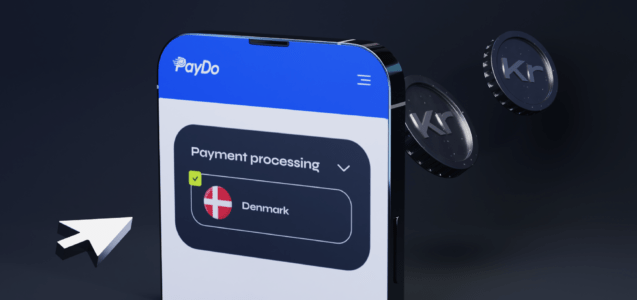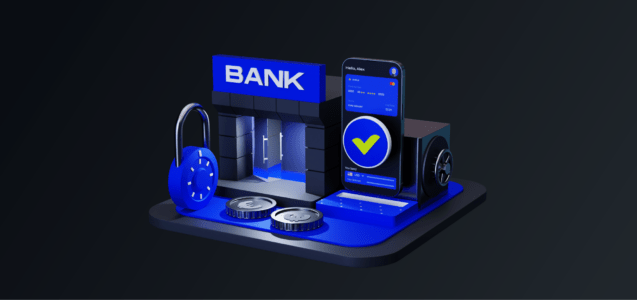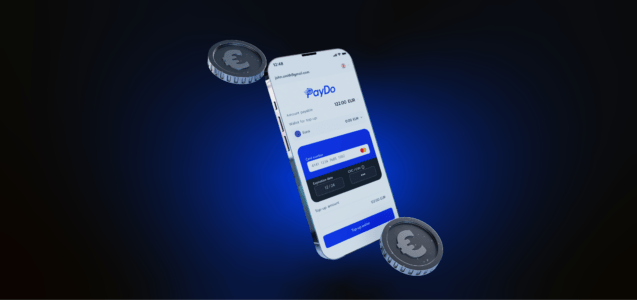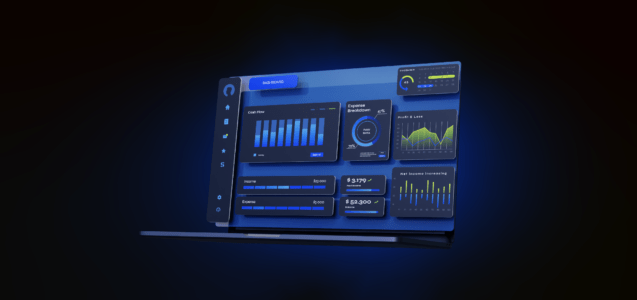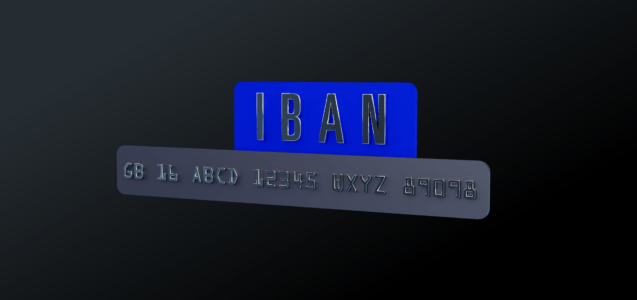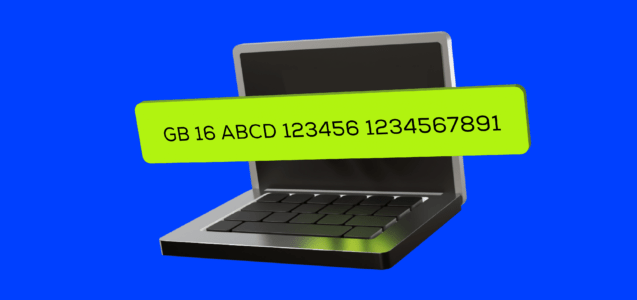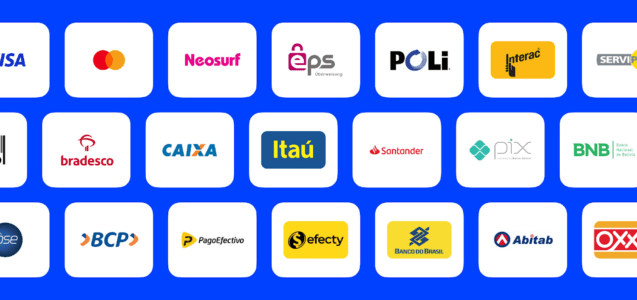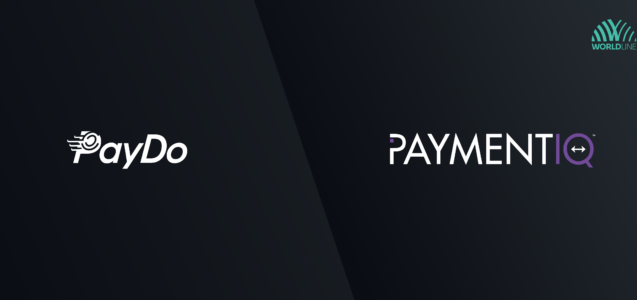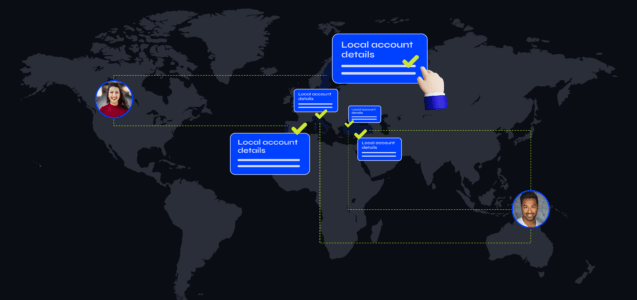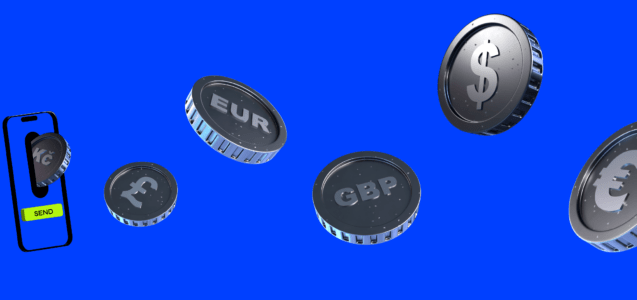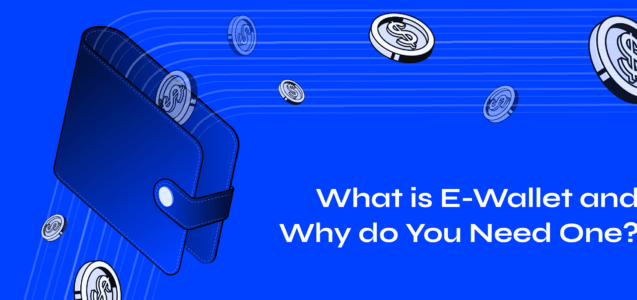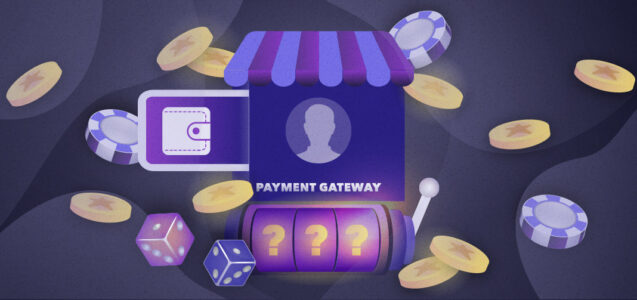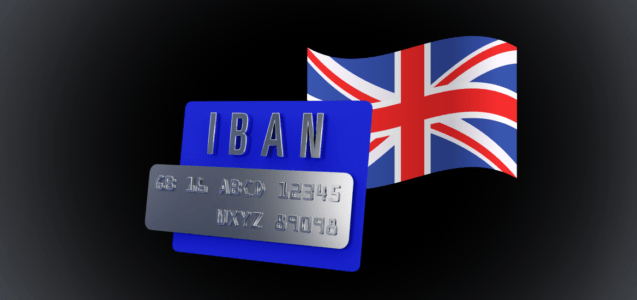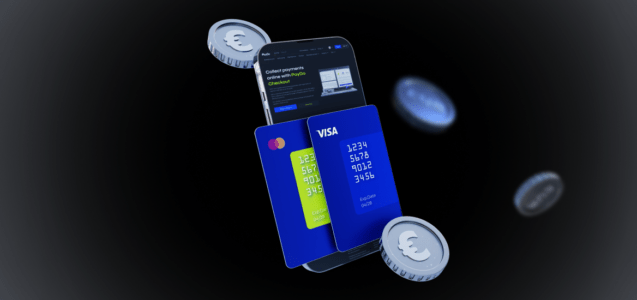Digital payments are now crucial for the world’s economy. They change how businesses and individuals pay for goods and services within multiple industries. According to a recent report by Statista, online transactions are expected to reach an unprecedented US$11.55 trillion in 2024, with a projected compound annual growth rate (CAGR) of 9.52% by 2028. As a result, payment schemes prove to be indispensable in driving the market and offering businesses the tools for growth.
The IT industry is renowned for its innovation and relies heavily on seamless and efficient payment schemes to conduct its operations. As more businesses shift towards digital platforms, it is crucial for professionals to have a deep understanding of these payment systems to navigate the constantly evolving intersection of technology and finance.
To help you elevate your business transactions, we have compiled a list of the top 10 payment schemes much so needed for the IT industry.
The rise of digital payment schemes
The shift from traditional to digital payment methods has risen in recent years.
According to the 2023 McKinsey Global Payments Report, yearly global payments revenue expanded by double digits for the second consecutive year, reaching more than $2.2 trillion, an all-time high.
The report emphasises that the growth rate of electronic transactions has almost tripled compared to the overall growth in payments revenue over the last five years. This trend is expected to continue in the coming years.
The analysis suggests that future revenue growth in the payment industry will be driven by innovations in instant payments and the increasing popularity of digital wallets.
Payment Schemes and the IT Industry
The IT sector has been at the forefront of driving and adopting digital transformation across various industries. The shift from traditional to digital payment methods is no exception.
In 2023, the IT services segment played a significant role in the market, making up over 10% of global revenue (See Fig.2). The increasing need for digital money transfers, both internationally and within a country, prompts banks to embrace digital payment solutions.
The surge of digital payments in the IT sector results from a combination of technological advancements, shifting consumer preferences, and the demand for enhanced efficiency and convenience.
Figure 2. Digital Payment Market Share, by End User Industry
Thus, the rise of digital payments in the IT sector is a result of a confluence of technological innovations, changing consumer behaviours, and the need for efficiency. As the digital landscape continues to evolve, it’s likely that the IT sector will continue to embrace and drive advancements in digital payment methods.
Top 10 digital payment schemes
Payment methods are key to international business success. In this overview, we look at the main international payment methods and outline where they are used in various countries.
1. Cross-border

Cross-border is a global messaging network that allows financial institutions to securely and efficiently transmit information and instructions related to financial transactions. It facilitates cross-border payments and financial communication.
Advantages:
- Cross-border offers a standardised, secure platform for global financial communication, enabling seamless transactions across diverse banking systems.
- It employs advanced security measures, including encryption and authentication protocols, to protect sensitive data, ensuring trust and reliability.
- Standardised message formats reduce errors and streamline operations, improving efficiency in international finance.
- The network’s commitment to innovation keeps it at the forefront of financial communications, adapting to industry changes.
- With over 11,000 connected institutions in more than 200 countries, Cross-border’s extensive reach is indispensable for global finance, facilitating swift, secure cross-border transactions.
Learn more about Cross-border and SEPA for international transactions.
2. SEPA

SEPA is a European Union initiative that aims to create a single, integrated payments market for euro transactions across participating European countries. It includes both domestic and cross-border payments.
Advantages:
- SEPA harmonises payment practices, making cross-border transactions within the Eurozone as seamless as domestic transactions.
- Standardised processes reduce the complexity and cost associated with cross-border payments.
- Faster processing times and simplified procedures contribute to increased payment efficiency.
- Improves the ability to track and manage payments with clarity.
- Ensures transactions are secure, maintaining trust in the payment system.
- Facilitates smoother trade and investment across the Eurozone.
3. Target2

Target2 is a real-time gross settlement (RTGS) system for handling large-value euro transactions in central bank money. It is a crucial component of the Eurosystem infrastructure.
Advantages:
- Target2 settles transactions in real-time, reducing counterparty risk and providing immediate funds availability.
- It fosters integration among European central banks and contributes to the stability of the financial system.
- TARGET2 is versatile, accommodating a diverse array of financial operations, including large-value transfers, central bank operations, and cross-border transactions, which enriches its utility within the European financial landscape.
- TARGET2 plays a critical role in the execution of the European Central Bank’s monetary policy by ensuring the swift and effective distribution of central bank funds, thereby directly impacting lending rates and overall economic stability.
4. FasterPayments

It is a UK-based instant payment scheme that allows individuals and businesses to make electronic payments in real time, 24 hours a day, 7 days a week.
Advantages:
- As the name suggests, FasterPayments allows near-instantaneous fund transfers, enhancing the speed of transactions.
- The 24/7 availability accommodates users who need to make payments outside traditional banking hours.
- It provides a convenient and quick alternative to conventional payment methods.
5. CHAPS

Chaps is a same-day sterling electronic funds transfer service in the United Kingdom, typically used for large transactions.
Advantages:
- Chaps ensures same-day settlement, making it suitable for time-sensitive and high-value transactions.
- Immediate settlement minimises counterparty risk associated with delayed transactions.
- CHAPS enables businesses and financial institutions to manage their liquidity more effectively by guaranteeing the availability of funds on the same day, aiding in precise cash flow planning.
- It is especially designed for large payments, making it a preferred choice for high-value transactions such as real estate purchases, corporate acquisitions, and settlement between banks.
6. Bacs

Bacs is a payment system in the UK for processing electronic payments, including direct debits and direct credits.
Advantages:
- Bacs is widely used for regular and recurring payments, contributing to operational efficiency.
- Particularly suitable for batch processing, Bacs is a cost-effective solution for high-volume transactions.
7. Fedwire

Fedwire is the real-time gross settlement system operated by the Federal Reserve in the United States, allowing participants to transfer funds and settle transactions.
Advantages:
- Fedwire settles transactions in real time, reducing credit and liquidity risks.
- Being operated by the Federal Reserve, it is a reliable and secure platform for large-value transactions.
8. Kronos2

Kronos2 is a real-time gross settlement system used in Sweden, managed by the Riksbank, the central bank of Sweden.
Advantages:
- Similar to other RTGS systems, Kronos2 ensures immediate settlement, enhancing the efficiency of payment transactions.
- Being managed by the central bank, it provides a high level of oversight and security.
9. ACH

ACH is a payment network in the United States that facilitates electronic funds transfers, including direct deposits, payroll payments, and consumer bill payments.
Advantages:
- ACH supports various types of transactions, making it a versatile platform for different payment needs.
- ACH transactions are often more cost-effective than traditional paper-based transactions.
10. Interac

Interac is a Canadian interbank network that facilitates the exchange of electronic financial transactions, including debit card payments.
Advantages:
- Interac is widely accepted across Canada, providing a common platform for electronic transactions.
- It incorporates security features, including two-factor authentication, to ensure the safety of transactions.
These digital payment schemes play critical roles in their respective regions, contributing to the efficiency, security, and standardisation of financial transactions on both domestic and international scales.
How to choose the right digital payment schemes
Choosing the right digital payment scheme can be a daunting task. Here are some tips to help you make an informed decision:
- Security
Look for a payment scheme that offers robust security features such as two-factor authentication, encryption, and fraud detection mechanisms. This will help protect your sensitive financial information from cybercriminals.
- Convenience
Choose a payment scheme that is easy to use and offers a seamless checkout experience. It should also be widely accepted by merchants and retailers.
- Cost
Consider the fees associated with the payment scheme. Some payment schemes charge transaction fees, while others offer free transactions. Make sure you understand the costs involved before choosing a payment scheme.
- Compatibility
Ensure that the payment scheme is compatible with your device and operating system. Some payment schemes may not work on certain devices or platforms.
- Customer support
Look for a payment scheme that offers reliable customer support. This will help you resolve any issues or concerns that you may have.
If you collaborate with clients all over the world, it is most likely you will need multiple payment schemes to send and receive money. In that case, having a PayDo Business Account offers you multiple opportunities for cross-border payments.
Let’s explore them in more detail.
PayDo Has Payment Schemes You Need

At PayDo, we work with many IT companies to help them overcome the challenges of opening a Business account to manage their cross-border payments.
Here are some of the benefits we offer:
- When IT companies open a multi currency business account at PayDo, they get a virtual IBAN. This is handy for managing high-risk transfers and making global payments to contractors. The dedicated IBAN works with 13 currencies.
- With PayDo Business Account, you can use SEPA, SEPA Instant, Cross-border, Fedwire, and Target2. You also receive local account details to transfer money with FasterPayments, Chaps, and Bacs in the UK and Kronos2 in Denmark.
This means you can pay contracts with currencies and methods for both international and local transfers. Plus, having a multicurrency account avoids unnecessary currency exchanges.
- At PayDo, we operate under SEPA regulations. This mitigates IBAN discrimination risks for businesses and individuals.
- The company can also use virtual IBANs to pay for local expenses, such as office rent and utilities. Additionally, you can use virtual IBANs to make payments to contractors and suppliers in other countries.
Open a PayDo Business Account to benefit from multicurrency support, transparent fees, and personalised account management, easily expanding your business globally.
Conclusion
Opening a business account can be daunting for IT companies, especially those with a global presence. However, there are solutions available to address these challenges effectively. PayDo offers unique services and advanced technology that simplifies opening a business account.
By streamlining the process and ensuring transaction safety and integrity, PayDo allows IT companies to focus on their core business operations while caring for their financial needs. If you’re an IT company struggling to open a business account, consider PayDo as your financial partner.
Reach out to PayDo now and discover how our services can revolutionise your IT company’s banking operations. Let’s tackle your challenges together and drive your success forward!


